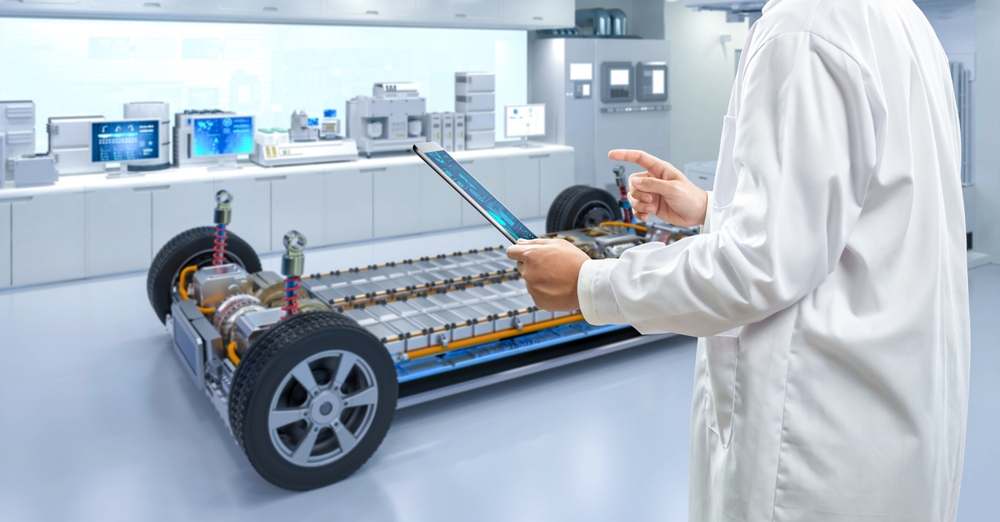Chances of reaching a rapid agreement remain slim.
Others are reading now
The European Union has made limited headway in negotiations with China on finding alternatives to the recently imposed tariffs on imported electric vehicles (EVs).
Chances Remain Slim
Sources are suggesting a quick resolution is unlikely, according to Hotnews.
While both sides reported some progress in recent talks in Beijing, the chances of reaching a rapid agreement remain slim.
This week, the EU and China will continue technical discussions, though insiders report that China has not met the EU’s demands.
Also read
The EU wants any agreement to uphold similar effects to the tariffs it implemented in October, which imposed additional charges of up to 35% on Chinese EV imports.
Beijing May Respond With Own Tariffs
The recent discussions have focused on establishing a communication mechanism between Brussels and Beijing and preventing cross-compensations.
Cross-compensations would involve balancing any agreed minimum prices on imported EVs with other sales, such as hybrid vehicles and car parts.
Negotiators also face disagreements over potential individual agreements with specific automakers.
The EU supports such deals as compliant with World Trade Organization (WTO) rules, while China favors a broader agreement managed by a Chinese representative organization.
Beijing has warned it could respond to the EU’s EV tariffs by imposing its own tariffs on European products like dairy, pork, and cognac.
The EU has stated it will protect its interests in these areas and avoid combining all trade issues into one large negotiation.
In October, the EU implemented new tariffs of up to 35% on Chinese EV imports, which are set to last five years unless an alternative agreement is reached.
The EU’s goal is to protect its EV industry from what it sees as unfairly priced imports that could harm local automakers.


